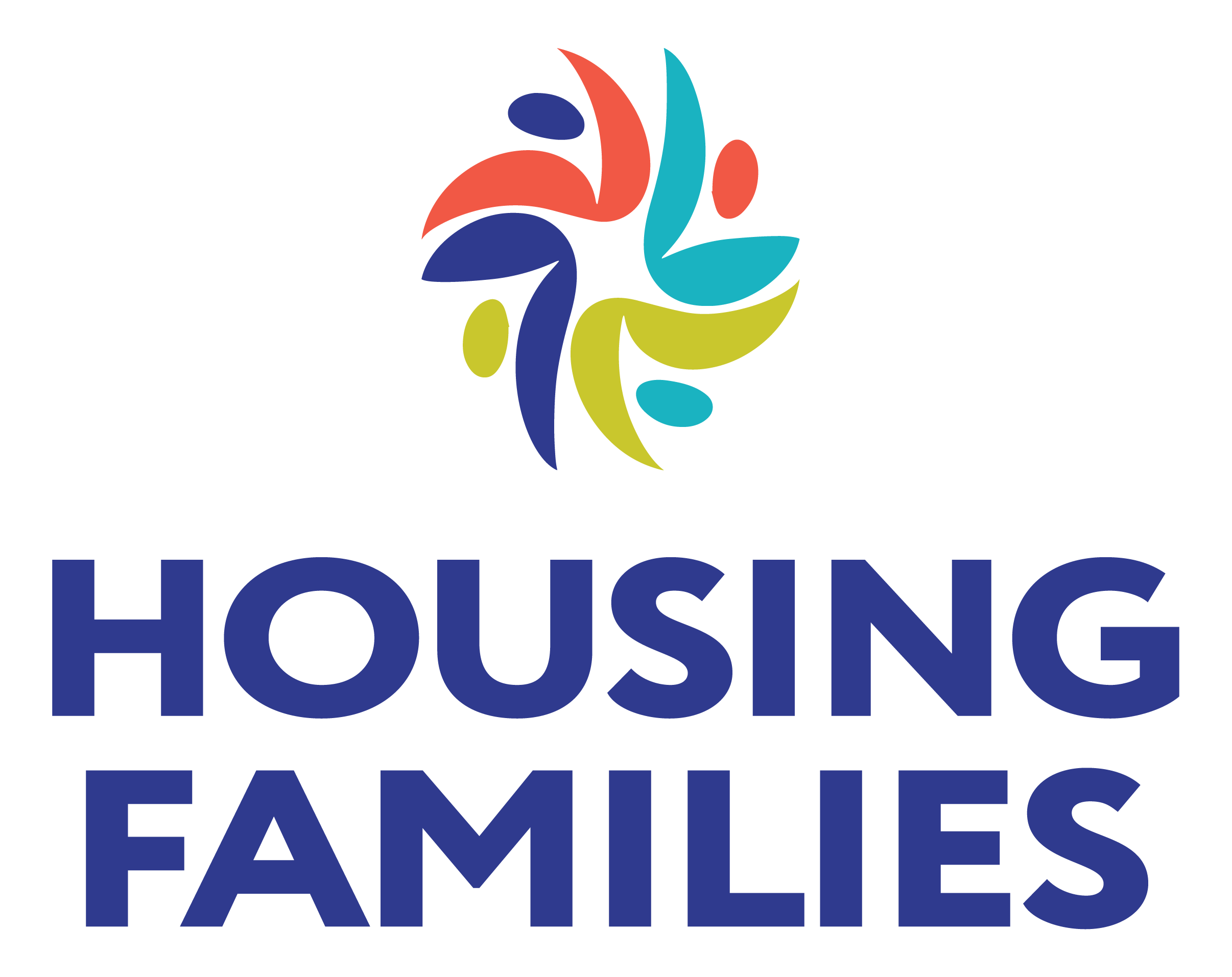Our Testimony in Support of H.4138, The Affordable Homes Act:
Housing Families is a trusted community organization, and our work is guided by its mission to ensure housing stability to strengthen individuals, families, and communities. We share a vision of achieving housing equity and well-being for all.
We provide an expansive range of services including operating over 200 units of Emergency Assistance Family Shelter Units and 40 Individual Adult Shelter units in response to the ever-growing homelessness crisis in our state. Everyone served in these programs falls into the extremely low-income category, characterized by incomes below 30% AMI. The only option of sustainable housing for this income bracket is through deep subsidies, the large majority of which are provided through State public housing or various supportive housing programs. For this reason, Housing Families is thrilled by the Healey Administration’s filing of the 2023 Housing Bond Bill, and we submitted the following testimony in support of H.4138 The Affordable Homes Act:
Housing Families serves hundreds of individuals experiencing homelessness each year. Our Individual Shelter provides temporary housing for 44 people at at any point in time and has a waitlist of over 400 people from the greater Boston area. Additionally, in this past year, due to ever-increasing family shelter needs, Housing Families doubled its Emergency Assistance Family Shelter Program capacity to serve over 200 households.
Supportive housing is a highly effective, cost-efficient strategy for serving chronically homeless populations by combining affordable housing with intensive, coordinated services. People experiencing chronic homelessness live with a wide range of mental and physical disabling conditions that add additional barriers to obtaining and maintaining stable housing. According to the Massachusetts Pay for Success Initiative, 84% of 1,064 chronically homeless individuals who received supportive services and a housing voucher, or who received supportive housing, remained housed one year later. This data is strongly aligned with the outcomes Housing Families sees in the more than 85 households served through our Permanent Supportive Housing Program, of whom nearly 100% are able to maintain stable tenancies year to year.
By definition, 100% of our shelter residents (individual and family) qualify for public housing. Additionally, nearly 100% of participants in our Individual Shelter and a conservative estimate of 20% of families in our EA program qualify for supportive housing. The only way residents in these programs will successfully exit shelter into sustainable housing is through access to deep housing subsidies, the majority of which are provided through the public housing system or various supportive housing programs. Yet waitlists for these programs can be years long due both to lack of supply and public housing units being offline as uninhabitable. The combination of investing in public housing and supportive housing would significantly improve much needed access to deep housing subsidies currently stalled due to lack of inventory from public housing units being offline and overall lack of subsidy supply.
Housing costs in Massachusetts have been rapidly rising for years. Nothing in the data suggests that this trend will reverse. Together, we have an opportunity to reimagine our region’s housing infrastructure and services and expand access to safe, decent, affordable homes for the next generation. Thus, we strongly urged the Joint Committee on Housing to report H.4138 favorably out of the committee to ensure the Commonwealth continues to expand the resources available for preserving and creating new subsidized housing opportunities. We stand ready to work with the administration and service providers across the region to help expand long-term housing solutions and address the region’s growing homelessness crisis.

